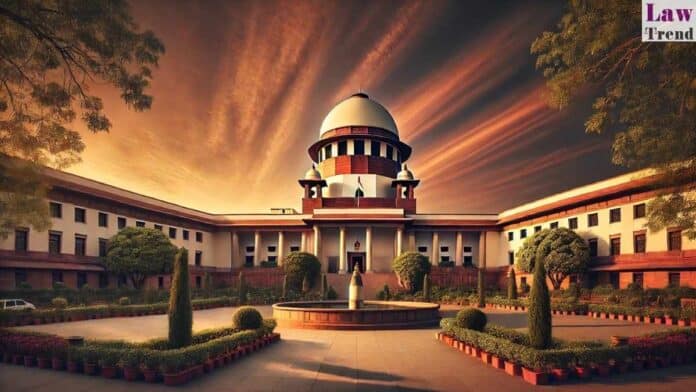The Supreme Court of India, in a significant ruling, has held that every trivial or isolated incident of assault on a child cannot be categorized as “child abuse” under the Goa Children’s Act, 2003. The Court acquitted a man of this charge, observing that the offence requires an intention to cause harm, cruelty, or deliberate
To Read More Please Subscribe to VIP Membership for Unlimited Access to All the Articles, Download Available Copies of Judgments/Order, Acess to Central/State Bare Acts, Advertisement Free Content, Access to More than 4000 Legal Drafts( Readymade Editable Formats of Suits, Petitions, Writs, Legal Notices, Divorce Petitions, 138 Notices, Bail Applications etc.) in Hindi and English.




